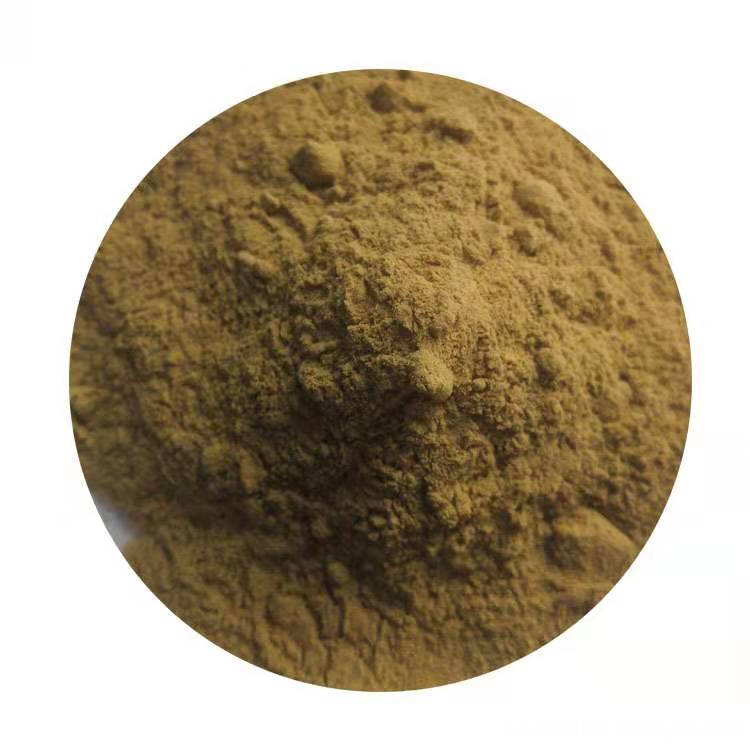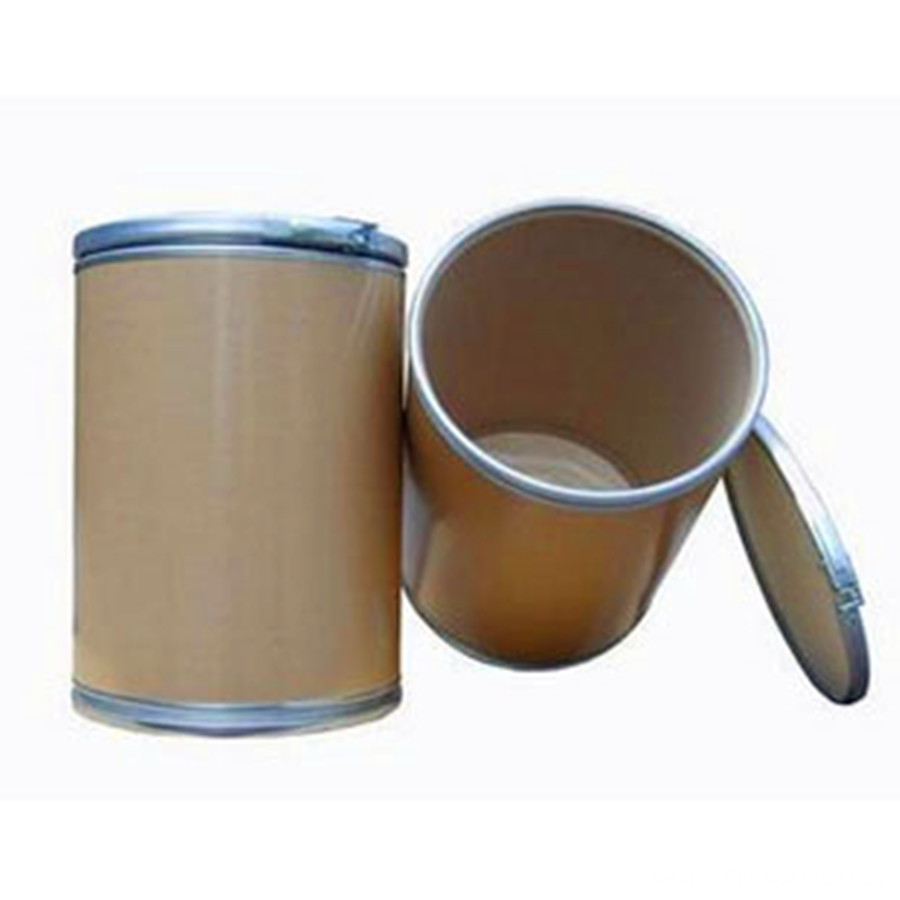1. Glucose
Administering glucose water to livestock and poultry during high-temperature periods can help reduce mortality, improve breeding rates, and enhance weight gain. A typical concentration of 4% is used in such cases.
2. Oligosaccharides
Incorporating oligosaccharides into animal feed can improve feed efficiency, increase daily weight gain, and boost feed intake. Common types include fructooligosaccharides, mannan oligosaccharides, and others. These compounds support gut health and overall performance.
3. Sodium Bicarbonate
Sodium bicarbonate helps neutralize acidic substances in the blood and enhances the body's buffering capacity. It is usually added to drinking water at a rate of 0.1 to 0.2%. This can be especially beneficial during heat stress.
4. Potassium Chloride
Adding 60–80 grams of potassium chloride per kilogram of feed or drinking water can counteract the negative effects of heat stress and improve productivity. It helps maintain electrolyte balance and supports metabolic functions.
5. Vitamin C
Vitamin C plays a key role in stabilizing corticosteroid secretion, enhancing immune function, and supporting cellular and systemic immune responses. It is commonly added to feed or water at a dose of 200 mg per kilogram of body weight.
6. Vitamin E
Vitamin E aids in the synthesis of immunoglobulins and enhances lymphocyte activity, improving the body's resistance to disease. It is typically administered at 200–300 mg per kilogram of body weight through feed or water.
7. Selenium
Selenium has strong heat stress resistance properties. It is generally used at a dose of 0.33 mg per kilogram of body weight. It supports antioxidant defense and improves overall health.
8. Chromium
Adding 0.4 mg of yeast chromium per kilogram of diet can significantly lower serum cortisol levels, strengthen immunity, and improve animal performance. It is particularly useful under stressful conditions.
9. Fumaric Acid
Fumaric acid boosts energy production, enhances disease resistance, and has a calming effect by inhibiting the central nervous system, thus reducing heat-related discomfort. It is commonly added to feed at 0.1%.
10. Citric Acid
Citric acid is metabolized into carbon dioxide and bicarbonate in the body, helping to buffer acidic by-products. It is typically added to feed at 0.1% to support digestive and metabolic health.
11. Succinic Acid
Succinic acid acts as an effective stress buffer and is often included in feed at a concentration of 1–3%. It helps maintain energy balance and reduces the impact of environmental stressors.
12. Bacitracin Zinc
Bacitracin zinc helps alleviate the adverse effects of heat stress. It is generally used at a rate of 50 mg per kilogram of feed. It also supports gut health and microbial balance.
13. Flavomycin
Flavomycin increases feed conversion efficiency, enhances nutrient absorption, and strengthens the immune system. It is typically added at 5 mg per kilogram of feed.
14. Virginiamycin
Virginiamycin improves weight gain, survival rates, and feed utilization in livestock and poultry under heat stress. The recommended dosage is 15–20 mg per kilogram of body weight.
15. Asunic Acid
Asunic acid promotes protein synthesis and has a mitigating effect on heat stress, significantly improving production performance. It is usually added to feed at a rate of 30–100 mg per kilogram.
Coffee Green Hydrochloric Acid
Green coffee bean extract is made from the green beans of the coffea Arabica plant.
There are two types of coffee plants, arabica and robusta. The arabica is higher in quality and higher in chlorogenic and caffeic acids, two primary compounds responsible for anti-oxidant activity. Coffee might have anti-cancer properties, and researchers found that coffee drinkers were 50% less likely to get liver cancer than nondrinkers.
Product features:
1. Special large package for industrial raw material sales(10kg/20kg);
2. 100% pure coffee;
3. Good instant solubility;
4. Stable raw material origin and long-term supply
Functions:
Losing weight.
Anti-virus; Anti-bacteria; Anti-cancer; Anti-aging; Anti-infectious.
Lowering toxicity.
Lowering blood pressure.
Reducing the risk of diabetes.
Help with muscle fatigue for athletes and bodybuilders.
Green coffee bean has strong anti-oxidant properties similar to other natural anti-oxidants like green tea and grape seed extract. Green Coffee Beans have polyphenols which act to help reduce free oxygen radicals in the body. Green coffee bean extract is sometimes standardized to more than 50% Chlorogenic Acid. Chlorogenic Acid is the compound present in coffee which has been long known as for its beneficial properties. This active ingredient makes green coffee bean an excellent agent to absorb free oxygen radicals; As well as helping to avert hydroxyl radicals, both which contribute to degradation of cells in the body.
Coffee Bean Extract,Robusta Coffee Extract,Pure Green Coffee Bean Extract,Coffee Green Hydrochloric Acid
Yunnan New Biology Culture Co,.Ltd , https://www.lvsancoffee.com